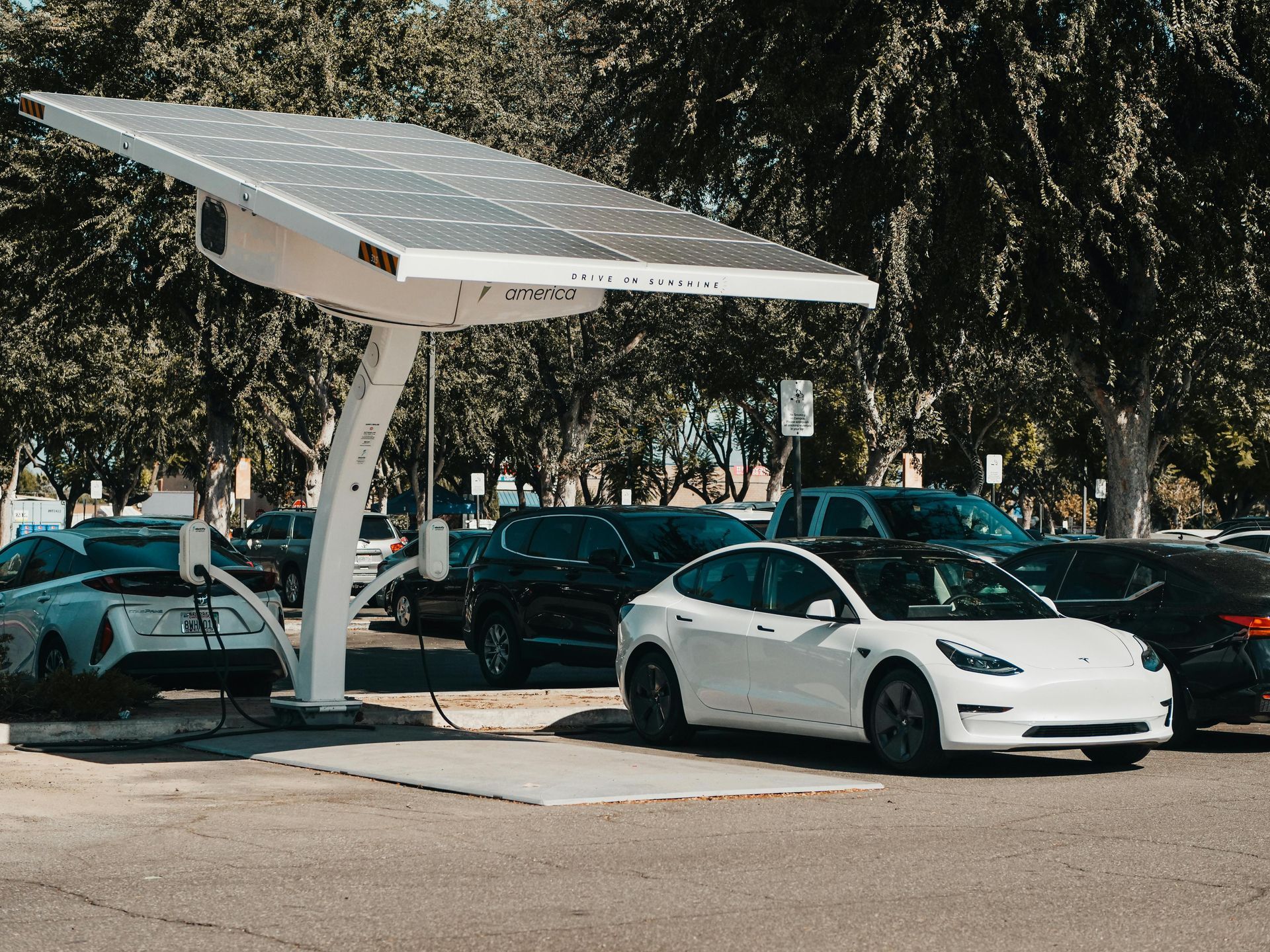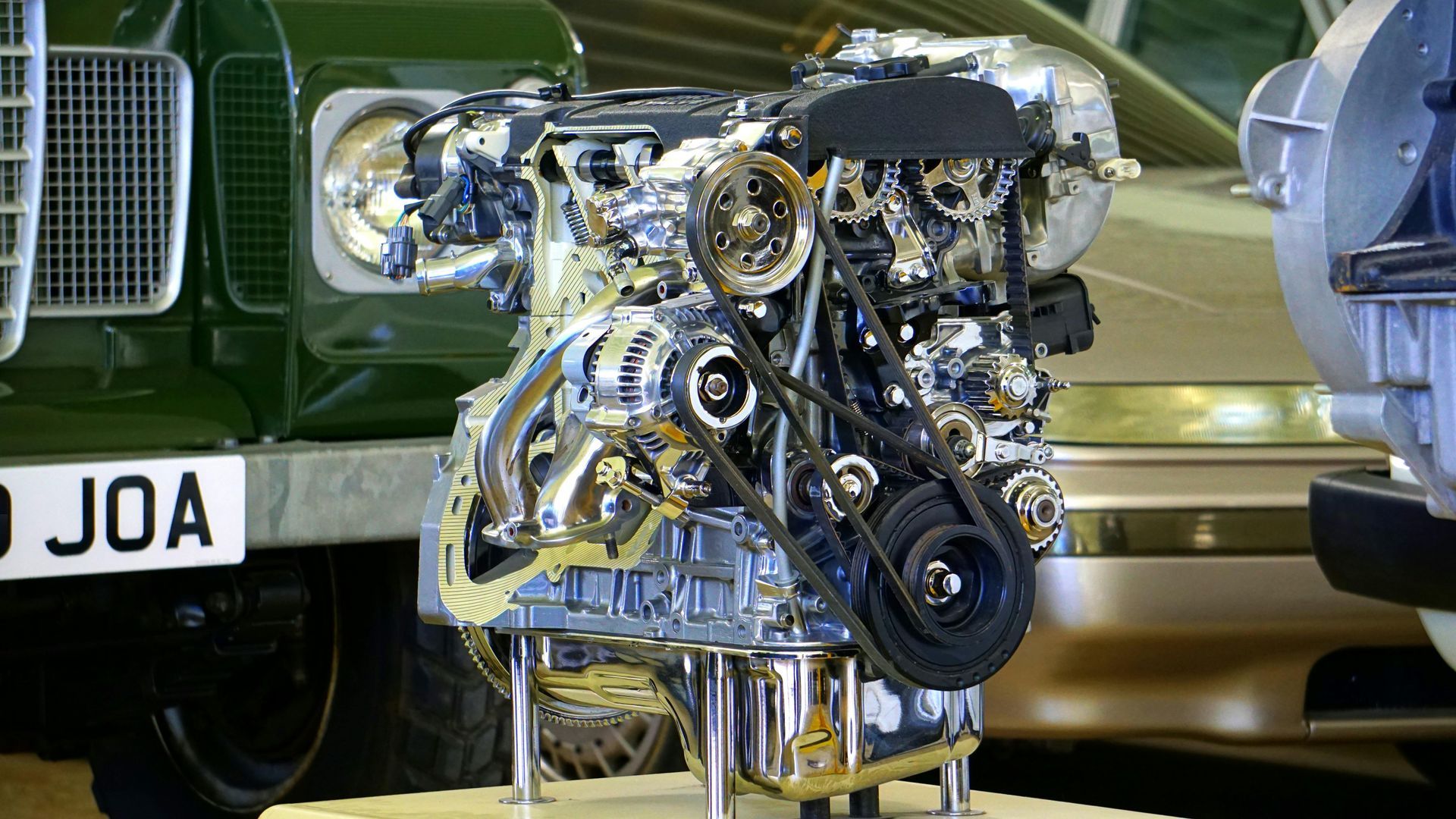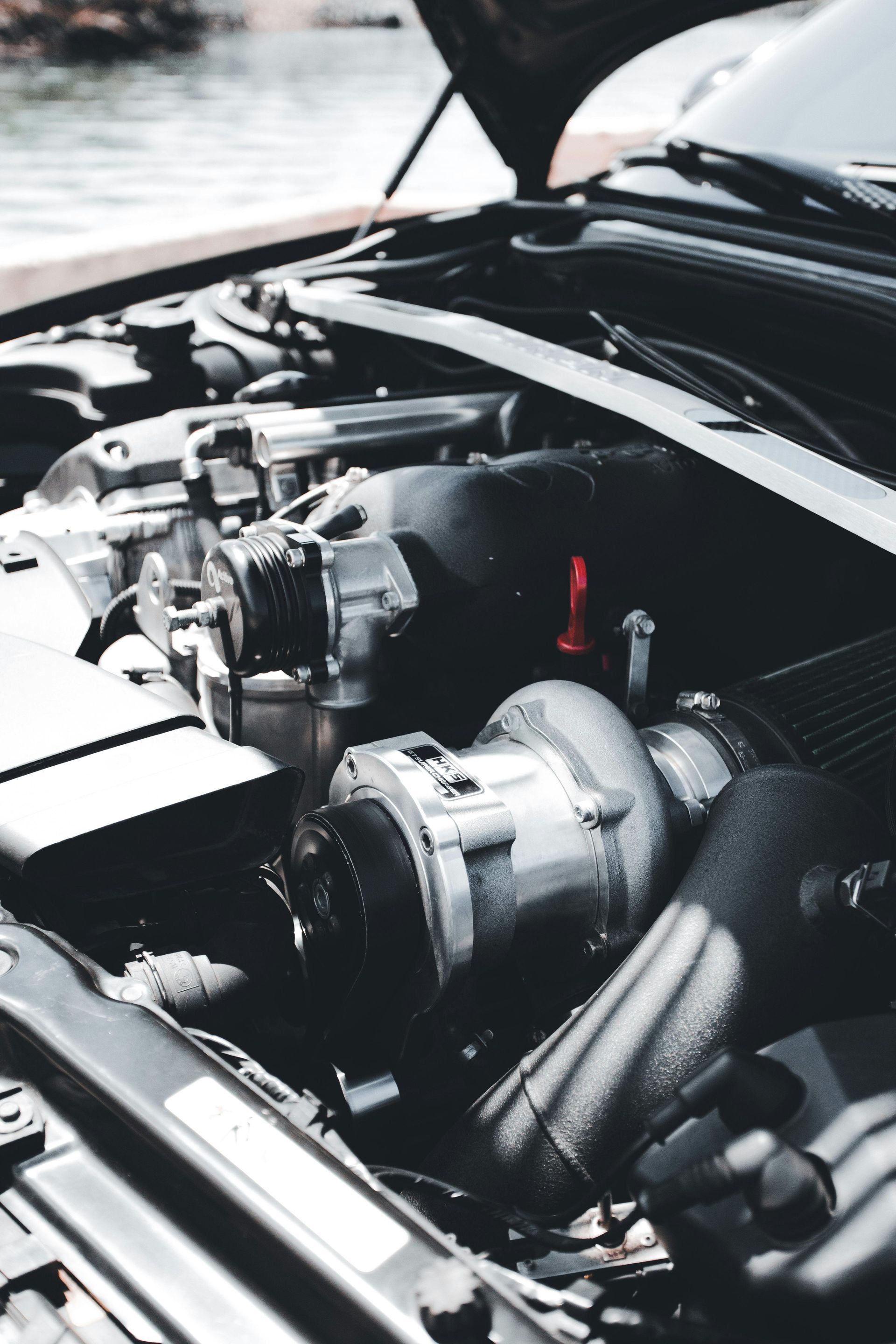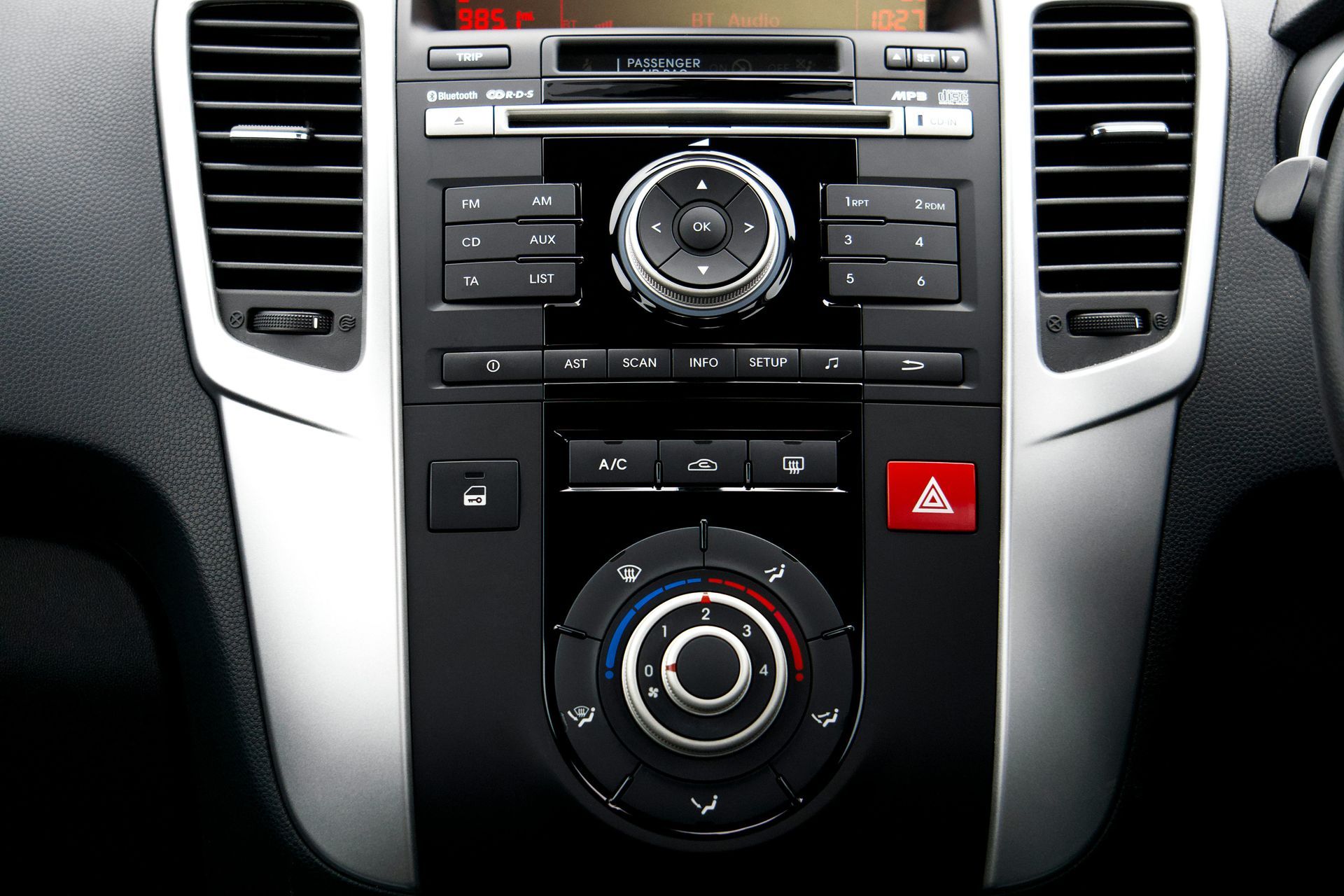What to do when your check engine light comes on
What to do when your check engine light comes on

What to Do When Your Check Engine Light Comes On:
The sudden illumination of the check engine light can send a shiver down the spine of any driver. It’s one of those moments that brings uncertainty. Is it something minor, like a loose gas cap, or does it point to a serious issue like engine misfire? In this blog, we’ll break down everything you need to know about what to do when that dreaded light pops up on your dashboard.
1. Don’t Panic, But Don’t Ignore It Either
When the check engine light comes on, your first instinct might be to panic. It’s important to remain calm. Most of the time, the issue isn't catastrophic. However, ignoring the light can lead to more significant problems down the line. Here’s a step-by-step process to follow:
2. Check for Immediate Problems: Is Your Car Behaving Differently?
Once the light comes on, pay attention to how your vehicle is running:
- Power Loss: Do you notice a decrease in engine power? Is the car hesitating or stalling?
- Odd Noises or Vibrations: Listen for strange sounds such as knocking or pinging.
- Flashing vs. Steady Light: If the light is flashing, it typically signals a more serious problem (e.g., misfire, which can damage your catalytic converter). A steady light usually means it’s something less urgent but still important to address.
If your car is behaving normally, you can continue driving cautiously, but you'll need to address the issue soon. If there are noticeable changes in how the vehicle performs, it’s best to stop driving and call for assistance.
3. Check the Gas Cap: The Simple Fix
Believe it or not, one of the most common causes of a check engine light is a loose or damaged gas cap. The gas cap seals the fuel system and maintains pressure, so when it’s loose, the system detects a leak.
- What to Do: Safely pull over, tighten the gas cap, and wait. It may take a few drives for the system to reset and for the light to turn off. If it does, problem solved!
- If the Light Stays On: After tightening the gas cap, if the light remains on for several trips, you might have a different issue on your hands.
4. Visit a Professional or Get an OBD-II Scan
If the gas cap doesn’t resolve the issue, it’s time for a deeper investigation. All modern vehicles (since 1996) come equipped with an Onboard Diagnostics System (OBD-II). This system generates error codes when the check engine light comes on.
- What Happens at the Mechanic: A mechanic will use a more comprehensive diagnostic tool to identify the issue and recommend a repair. This is the best course of action if you’re unsure about the severity of the problem.
5. Understand Common Causes for the Check Engine Light
Once the error code is retrieved, the professional can determine the specific issue. While many things can trigger the light, here are some of the most common reasons:
- Oxygen Sensor Failure: This sensor measures the amount of unburned oxygen in your exhaust and sends data to the car’s computer. If faulty, your engine may burn too much fuel, leading to poor gas mileage.
- Mass Airflow Sensor Issue: This sensor calculates the amount of air entering the engine. If it’s malfunctioning, it can affect fuel efficiency and engine performance.
- Spark Plug or Ignition Coil Problems: Worn-out spark plugs can cause misfires, while ignition coils may fail over time, leading to rough engine operation.
- Catalytic Converter Problems: A damaged catalytic converter may trigger the check engine light. This is a more expensive repair and requires attention.
- Exhaust Gas Recirculation Valve: This component helps reduce emissions, but it can get clogged or malfunction, causing the light to come on.
- Vacuum Leak: Your car’s engine relies on a vacuum system to perform various tasks. A leak could lead to performance issues and may trigger the light.
- Battery or Alternator Issues: Problems with your car’s electrical system can also trigger the light, especially if voltage is irregular.
6. Consult a Mechanic for Repairs
After identifying the issue using an OBD-II scanner, you will need a professional to carry out the necessary repairs. It's important not to delay this process, especially if the issue involves critical engine components. A mechanic will have the tools and experience to address the problem safely and effectively.
7. Resetting the Check Engine Light
After the professional has fixed the underlying issue, the light should turn off on its own after a few drives. If it remains illuminated, your mechanic can reset the light for you.
- Keep in mind that if the problem persists, the light will return, which may indicate a deeper problem requiring further attention.
8. Regular Maintenance: The Best Prevention
One of the best ways to prevent the check engine light from coming on is to stay on top of your vehicle’s maintenance schedule. Regular oil changes, air filter replacements, and inspections of key engine components can help you avoid many of the issues that trigger the check engine light.
- Schedule Regular Tune-Ups: A tune-up can help detect potential issues before they become serious problems.
- Keep an Eye on Fluid Levels: Ensure that your oil, coolant, and other fluids are topped off and free of contaminants.
- Use Quality Parts and Fuel: Sometimes, poor-quality gasoline or aftermarket parts can lead to performance issues. Sticking to quality products can minimize risks.
9. When the Check Engine Light Turns Off By Itself
In some cases, the check engine light may come on and then turn off by itself after a short time. This can happen if the issue that triggered the light resolves on its own. For example, a minor misfire or brief sensor glitch may clear up without intervention.
- Still Check the Code: Even if the light goes off, it’s a good idea to scan your car for stored codes. This will help you understand if there’s an underlying issue that could return.
10. When to Worry: Red Flags
While many check engine light causes are minor, certain symptoms indicate a more severe problem. Seek immediate attention if you notice:
- A Flashing Light: As mentioned earlier, a flashing check engine light indicates a serious issue, such as an engine misfire, which can damage your catalytic converter.
- Smoke or Burning Smell: If you see smoke coming from the hood or notice a burning smell, stop driving immediately and call for help.
- Overheating: An overheating engine can cause significant damage. Pull over safely and turn off the engine.
Conclusion: Act, Don’t Ignore
The check engine light is your car’s way of telling you that something isn’t right. While it might not always point to an urgent issue, ignoring it can lead to costly repairs or damage. By taking the right steps—checking for obvious problems, visiting a professional, and consulting a mechanic when necessary—you can ensure that your car remains in good working order and avoid unexpected breakdowns.
Remember, a well-maintained car is not only safer but also more fuel-efficient and reliable. Keep an eye on that dashboard, and when the light comes on, act promptly!


















